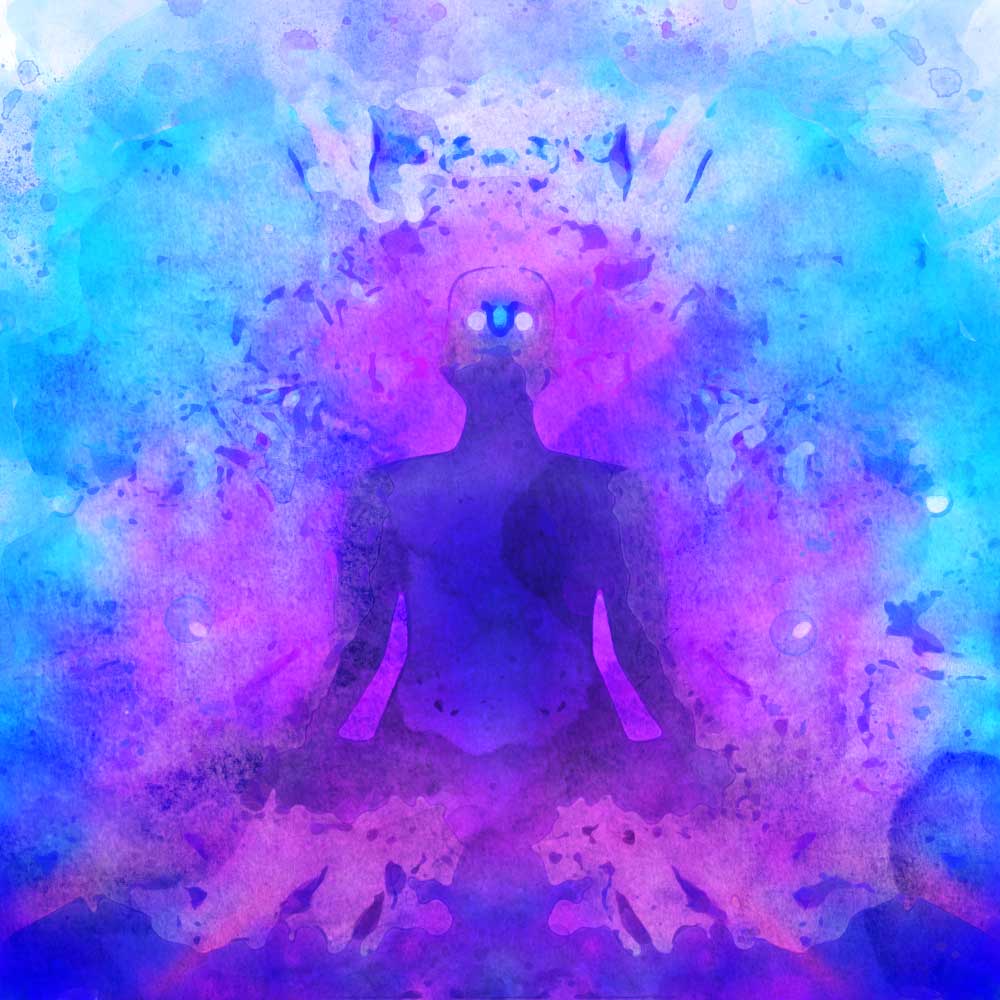The Katha Upanishad is a highly advanced philosophical and mystical text, of ancient India. This passage expounds the Unmanifested Absolute.
Passage
As the one fire, after it has entered the world, though one, becomes different according to whatever it burns, thus the one Self within all things becomes different, according to whatever it enters, and exists also without.
As the one air, after it has entered the world, though one, becomes different according to whatever it enters, thus the one Self within all things becomes different, according to whatever it enters, and exists also without.
As the sun, the eye of the whole world, is not contaminated by the external impurities seen by the eyes, thus the one Self within all things is never contaminated by the misery of the world, being himself without.
There is one ruler, the Self within all things, who makes the one form manifold. The wise who perceive him within their Self, to them belongs eternal happiness, not to others.
There is one eternal thinker, thinking non-eternal thoughts, who, though one, fulfils the desires of many. The wise who perceive him within their Self, to them belongs eternal peace, not to others.
They perceive that highest indescribable pleasure, saying, This is that. How then can I understand it? Has it its own light, or does it reflect light?
The sun does not shine there, nor the moon and the stars, nor these lightnings, and much less this fire. When he shines, everything shines after him; by his light all this is lighted.
Max Muller. The Sacred Books of The East. The Oxford University Press, 1884.






